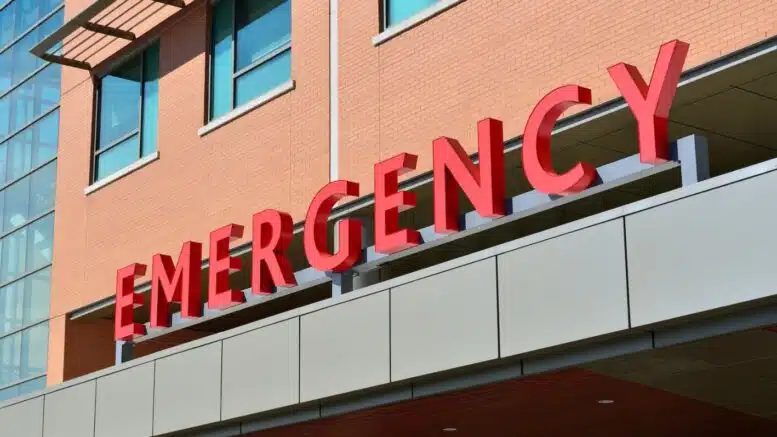Determining the right type of medical care can be challenging and daunting. Whether you’re just getting to know the types of specialized care available or simply need a refresher on each one, it’s important to be informed about the different kinds of medical care and the advantages they offer. Also, to be aware of how each type differs from the other. Here are the three main types of medical care and the top facts you should know about each.
1. Respite Care
Respite care provides temporary relief to a family caregiver or primary caretaker. It can be short-term, such as overnight or for a few days, or long-term and ongoing. The goal of respite care is to give the primary caregiver some relief from their demanding duties and allow them to rest and replenish their energy in order to provide better care when they return home. You can find Adelaide respite care if you live in the area. Some of the benefits of respite care include increased quality time between caregivers and their loved ones; improved moods; reduced stress levels; and improved overall health.
2. Inpatient Care
Inpatient care is a type of medical treatment in which a patient stays at the hospital overnight or longer. This is most commonly used when a person needs more intensive monitoring, specialized tests, surgery, or other treatments that cannot be done on an outpatient basis. Inpatient care can take place in traditional hospitals as well as specialized facilities such as rehab centers and psychiatric facilities. It’s important to understand that inpatient care requires authorization from your health insurance provider before services are rendered. While the advantages of inpatient care include increased access to specialized medical care and more personalized attention from doctors and nurses, it can also be time-consuming, costly, and stressful for patients and their families.
3. Outpatient Care
Outpatient care is a type of medical care that doesn’t require an overnight stay in the hospital. Outpatient care can include physical therapy, health screenings, diagnostic tests, counseling sessions, and other treatments.

Outpatient care is usually less expensive than inpatient care because it involves fewer staff members and no hospitalization costs. Many people prefer outpatient services for short-term illnesses or injuries because they can return home more quickly to continue their recovery. It’s also beneficial for patients with chronic conditions who need ongoing monitoring and follow-up visits but don’t require hospitalization.
4. Telemedicine
Telemedicine is a fast-growing form of medical care that allows patients to receive healthcare from the comfort of their own homes. This type of medical care requires a patient to use the Internet or phone to get advice and answers from doctors, nurses, and other health care providers. Telemedicine can be useful for those who have limited access to traditional in-person appointments due to distance or time constraints. It may also provide better access to specialists and reduce wait times for appointments. It’s important to note, however, that telemedicine doesn’t include any physical exams or treatments; it focuses solely on diagnosis and information gathering.
5. Holistic Care
Holistic care takes a more natural approach to medical treatment. It focuses on the whole person, rather than just the illness or disease being treated. Holistic care combines conventional medicine with alternative treatments, such as herbal remedies, massage, acupuncture, and yoga. The goal is to restore balance in the body and promote overall wellness through lifestyle changes and non-invasive treatments. While it may not be suitable for all types of illnesses or conditions, holistic care can help improve quality of life and reduce stress levels. It’s important to speak to your doctor before starting any holistic therapies so that you can determine whether they are right for you.
6. Emergency Care
Emergency care is a medical treatment for a serious illness or injury that requires immediate attention. In the United States, emergency care is typically provided at hospital-based emergency departments. Emergency physicians are trained to handle a variety of conditions from major traumas to life-threatening illnesses such as heart attacks, strokes, and severe allergic reactions. When faced with an emergency situation, it’s best to call 911 for assistance and go to the nearest hospital with an emergency department. Timely medical care can be essential in saving lives!
Conclusion
When it comes to medical care, there are a variety of options available to meet your needs. Depending on the type and severity of treatment or condition you need to be addressed, one option may be more suitable than another. It’s important to understand the different types of medical care and the top facts associated with each so that you can make an educated decision when choosing your healthcare provider.
